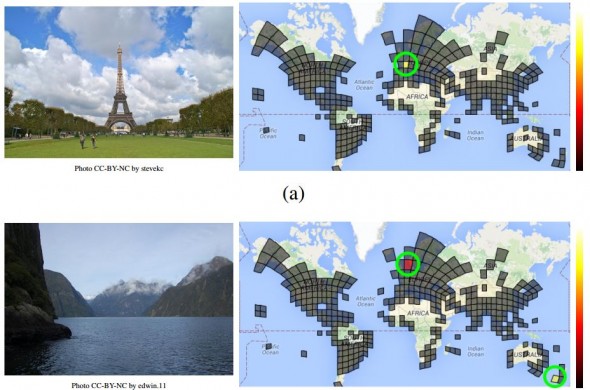REUTERS by Kate Kelland April 21, 2015
LONDON, April 21 - Genetic sequence data on two of the deadliest yet most poorly understood viruses are to be made available to researchers worldwide in real time as scientists seek to speed up understanding of Ebola and MERS infections.
The project, led by British scientists with West African and Saudi Arabian collaboration, hopes to encourage laboratories around the world to use the live data -- updated as new cases emerge -- to find new ways to diagnose and treat the killer diseases, and ideally, ultimately, prevent them.
"The collective expertise of the world's infectious disease experts is more powerful than any single lab, and the best way of tapping into this...is to make data freely available as soon as possible," said Jeremy Farrar, director of the Wellcome Trust global health charity which is funding the work.
The gene sequences, already available for MERS cases and soon to come in the case of Ebola, will be posted on the website virological.org for anyone to see, access and use.
Read complete story.
http://af.reuters.com/article/topNews/idAFKBN0NC19W20150421?sp=true





 Image: The blockchain was developed as a means of creating digital property without the need for a central authority keeping track of who owns what. Photograph: Jacob Carter/Rex/Shutterstock
Image: The blockchain was developed as a means of creating digital property without the need for a central authority keeping track of who owns what. Photograph: Jacob Carter/Rex/Shutterstock 

Recent Comments